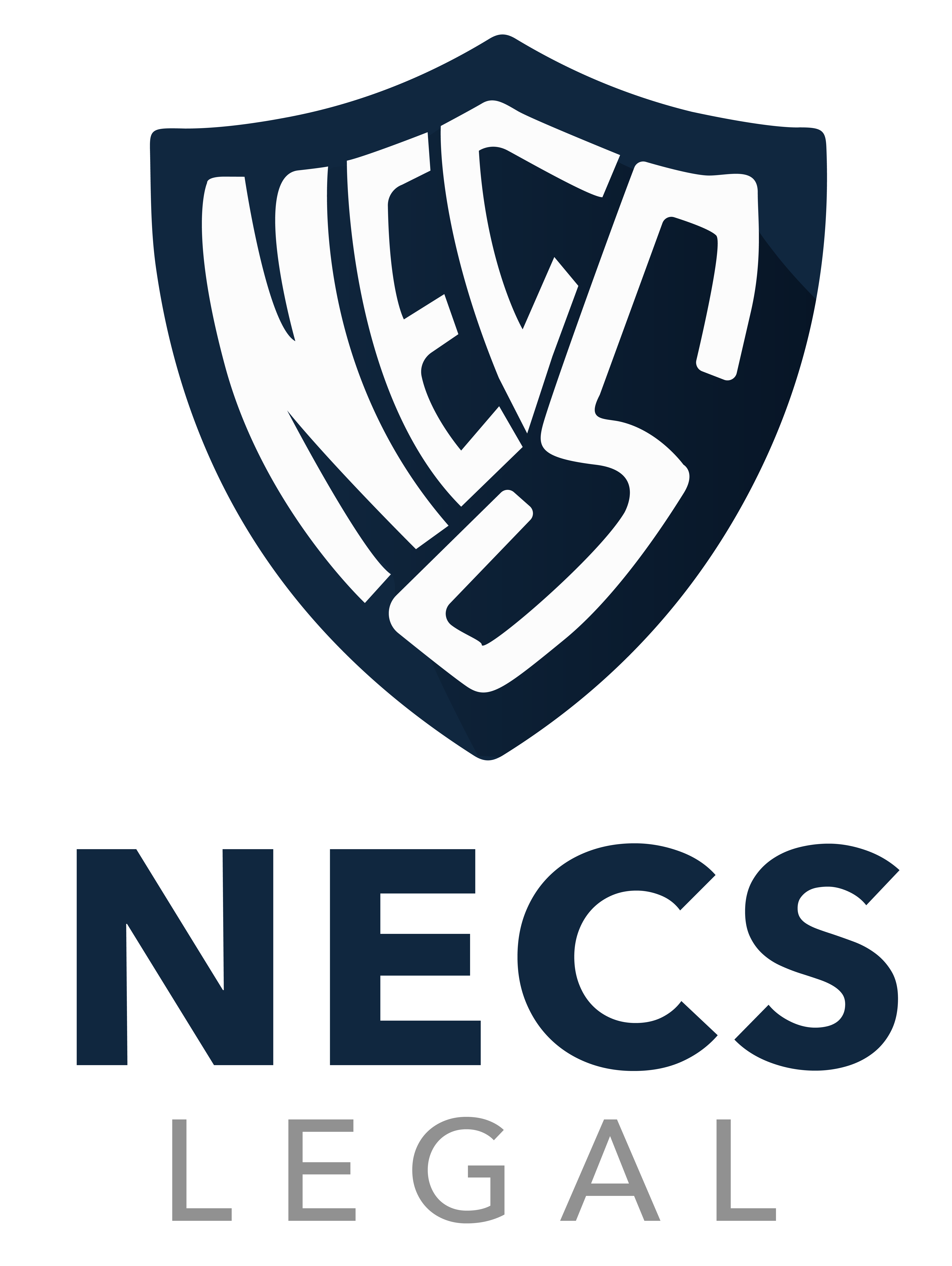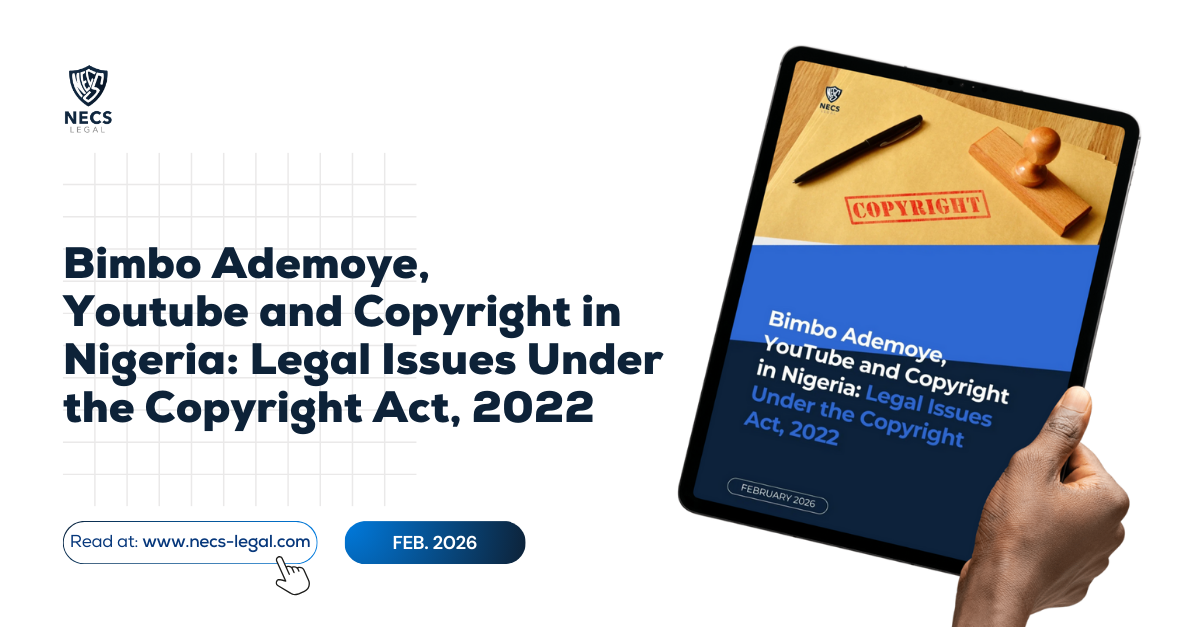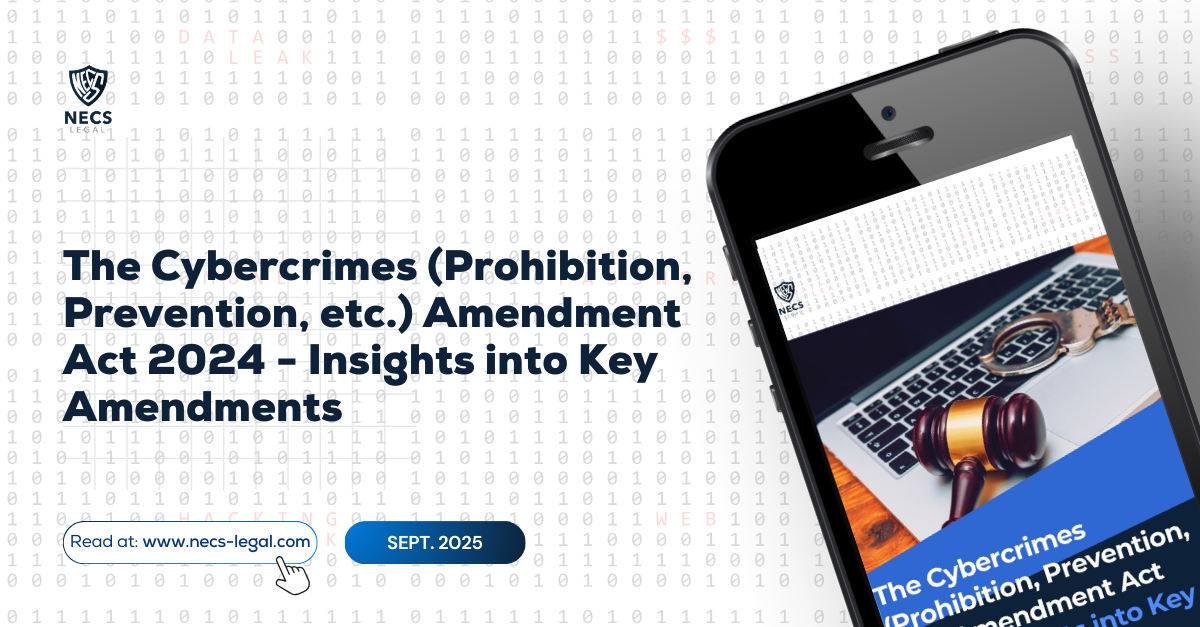Dispute resolution is a cornerstone of any legal system, providing an avenue for individuals, businesses, and organizations to resolve conflicts in a fair and just manner. In Nigeria, a nation with a dynamic legal framework and a growing economy, the mechanisms for dispute resolution play a vital role in maintaining order and fostering economic growth. Lexology Indepth’s coverage of dispute resolution in Nigeria offers a comprehensive exploration of the subject, shedding light on the evolving landscape of legal practices in the country.
Key Mechanisms for Dispute Resolution in Nigeria
The Nigerian legal system provides various avenues for resolving disputes, ranging from traditional litigation to alternative dispute resolution (ADR) mechanisms. Each method comes with its own set of advantages and challenges, catering to the diverse needs of disputants.
- Litigation
Litigation remains the most common form of dispute resolution in Nigeria. Governed by the Nigerian Constitution and other statutory laws, litigation involves the formal adjudication of disputes in court. While it offers a legally binding outcome, the process can be protracted due to court backlogs and procedural delays. - Arbitration
Arbitration has gained significant traction as an alternative to litigation, particularly in commercial disputes. It allows parties to appoint a neutral arbitrator to hear their case and render a binding decision. The Arbitration and Conciliation Act governs arbitration proceedings in Nigeria, ensuring a structured and enforceable process. - Mediation and Conciliation
Mediation and conciliation are non-binding ADR mechanisms that focus on fostering dialogue and mutual agreement between parties. These methods are increasingly popular due to their cost-effectiveness and emphasis on preserving relationships. - Customary and Traditional Dispute Resolution
In addition to formal legal mechanisms, traditional dispute resolution practices rooted in Nigeria’s diverse ethnic cultures continue to play a significant role. These methods often involve community leaders or elders mediating disputes in accordance with customary laws.
Challenges in Nigeria’s Dispute Resolution Landscape
Despite the availability of diverse dispute resolution mechanisms, several challenges persist in Nigeria’s legal environment:
- Delays in Court Proceedings: The overburdened judicial system often leads to prolonged litigation timelines, discouraging parties from seeking redress through the courts.
- Enforcement of Awards: While arbitration is widely recognized, the enforcement of arbitral awards can be challenging, especially when parties resort to litigation to resist compliance.
- Awareness and Accessibility: Many individuals and small businesses are unaware of ADR mechanisms or lack access to affordable legal services.
Recent Developments in Dispute Resolution
Lexology Indepth highlights several recent developments in Nigeria’s dispute resolution framework aimed at addressing these challenges. Key reforms include:
- Digital Transformation: The introduction of virtual court hearings and electronic filing systems has improved efficiency and accessibility.
- Institutional Growth: The establishment of arbitration institutions, such as the Lagos Court of Arbitration and the Abuja Multi-Door Courthouse, has enhanced the credibility and availability of ADR services.
- Legislative Updates: Proposed amendments to the Arbitration and Conciliation Act aim to align Nigeria’s arbitration practice with international best standards.
The Road Ahead
As Nigeria continues to position itself as a hub for commerce and investment in Africa, the importance of an efficient and reliable dispute resolution system cannot be overstated. Stakeholders, including lawmakers, legal professionals, and businesses, must collaborate to address existing challenges and embrace innovations that enhance the dispute resolution process.
Lexology Indepth’s analysis of dispute resolution in Nigeria underscores the need for continuous improvement and adaptation in the legal sector. By fostering a culture of efficiency, transparency, and fairness, Nigeria can ensure that its dispute resolution mechanisms effectively support its economic and social development goals.
In conclusion, understanding the intricacies of Nigeria’s dispute resolution framework is essential for navigating the country’s legal landscape. Whether through litigation, arbitration, or traditional mechanisms, disputants have access to a range of options tailored to their needs. As reforms take root and awareness grows, Nigeria is poised to strengthen its position as a leader in dispute resolution in Africa.







